
Sustainability Spotlight
Sustainability Spotlight offers informative and actionable advice around environmental best practice to allow businesses to make more sustainable and environmentally friendly choices for their business. FESPA speaks to industry experts about sustainability where you can discover business opportunities to reduce, reuse and recycle materials and improve your knowledge.
Blog
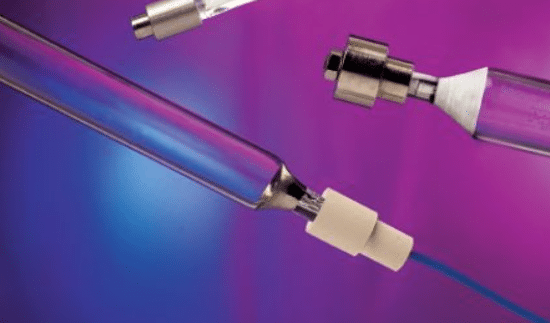
The use of mercury lamps on the decrease
Laurel Brunner shares the ongoing trend of mercury lamps being less and less used across the printing industry. Governments and bodies around the world are now banning the use of mercury in products by the end of 2025.
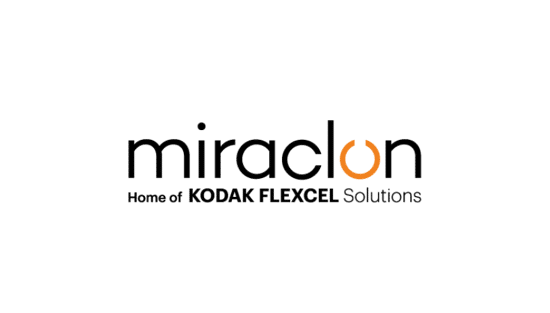
Standards and certifications are important
Laurel Brunner discusses the importance of quality control and production excellence are important factors to consider for the profit in modern print production. Growing numbers of manufacturers are setting up are creating their own standards and certification programmes.

Points of sustainability progress
Laurel Brunner shares progress that has been made in sustainability across the print sector with a particular look at ISO standards and recycling.
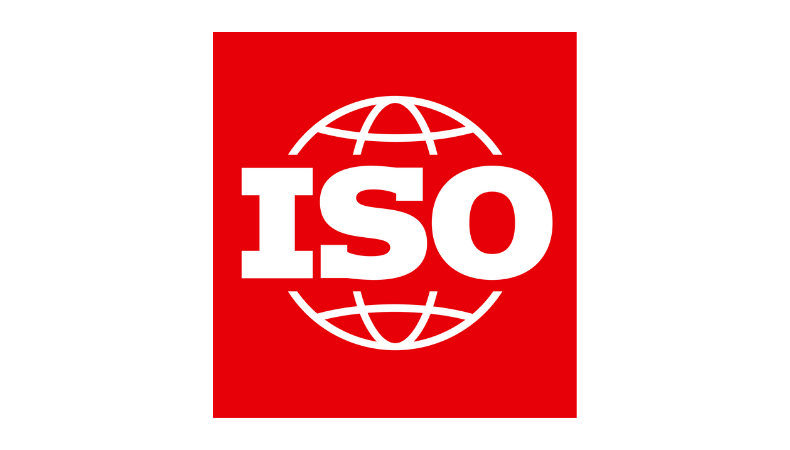.png?width=550)
Sustainability certifications on the rise
Laurel Brunner discusses how more printers and manufacturers are seeking sustainability certifications and how having certifications shows that a business has undergone some soft of accountability process.
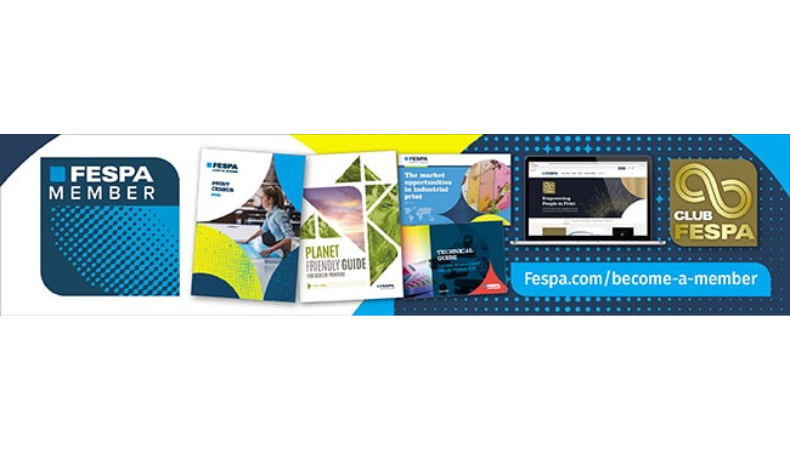.png?width=550)
How meaningful are goals for reducing environmental impact?
Laurel Brunner discusses the importance of resource management and improved process control for businesses who are interested in sustainability initiatives.

Are digital press manufacturers doing their customers a disservice?
Laurl Brunner discusses how some digital press manufacturers currently have sustainability policies, however too few of them have had proper sustainability conversations with their customers.
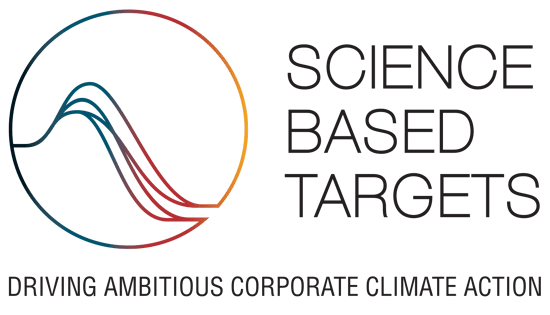
Science Based Targets initiative (SBTi)
Laurel Brunner shares how the Science Based Targets Initiative aims to help businesses to develop their own climate change projects. Currently there are more than 4000 businesses who use the SBTi model. Laurel explains how the organisation can help these businesses reduce their Greenhouse Gas emissions.

The Global Reporting Initiative (GRI)
Laurel Brunner discusses the Global Reporting Initiative which assists organisations and businesses manage reporting of their environmental impacts.
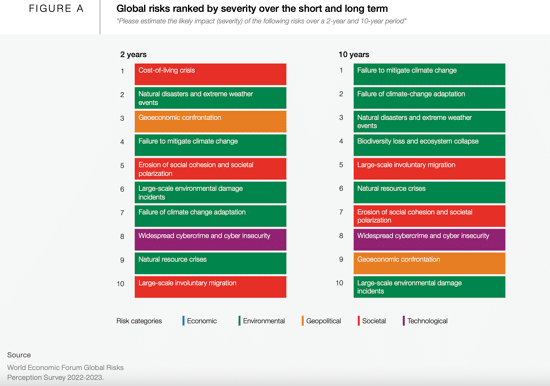
What changes can we expect as textile supply chains develop?
Sam Taylor, the founder at The Good Factory discusses the expected changes print businesses can expect as textile supply chains evolve and develop.
.jpg?width=550)
Are bio-based synthetics a solution to the climate crisis?
Sam Taylor, the founder at The Good Factory discusses the importance for the textile industry to reduce their GHG emissions and how implementing and scaling bio-based synthetics could provide a solutions.

Battle of the bottles
Brands are seeking the perfect solution to package drinks and liquids but it might not exist… yet.
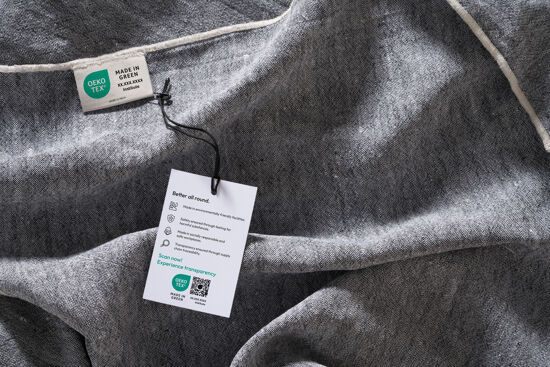
Time for textile turnaround
John Murphy, Technical Director Europe at Hohenstein Group shares information about OEKO TEX MADE IN GREEN product label. With this label allows buyers to easily trace the production of textile and leather goods.
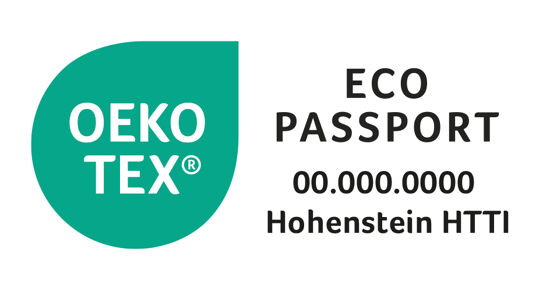
Navigating the way to a sustainable future with ECO PASSPORT by OEKO-TEX®
John Murphy, Technical Director Europe at Hohenstein Group shares information on OEKO TEX ECO PASSPORT and how it can assist factories and chemical suppliers to ensure that chemical products and their ingredients meet specific requirements for safety, sustainability and regulatory compliance.

The search for sustainable packaging
Nathan Tiller from CarbonQuota the ongoing war on plastic and other sustainable, fibre-based innovations. Life Cycle Assessments offer an objective view of the advantages and disadvantages of different materials.
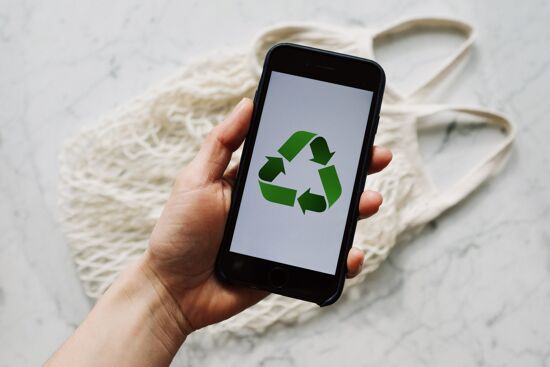
You don’t have to be perfect, just do your best
Clare Taylor shares the importance for all businesses regardless of their size to start their sustainability journey. Clare speaks to Nathan Swinson-Bullough from Imageco about their sustainability journey.
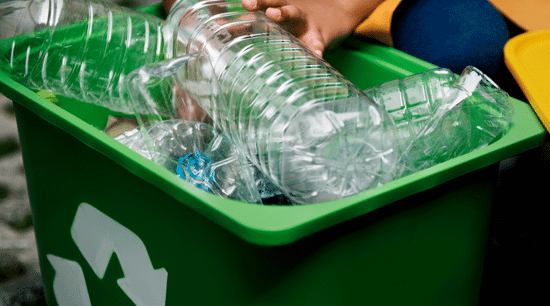
The path from recyclable to recycled
"Touting your packaging as simply recyclable isn’t good enough (and could even be considered greenwashing). Brands must simplify and standardise to enable closed loops at scale so packaging is recycled."
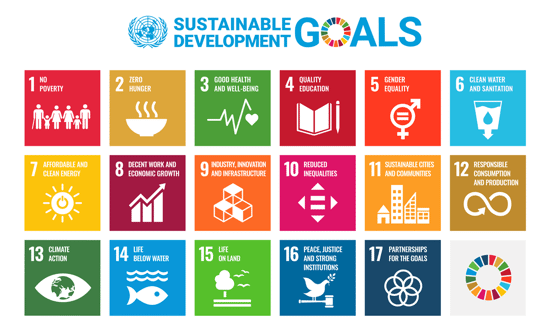
What is the connection between the printing business and the Sustainable Development Goals (SDGs)?
Regina Wilhelm, Sustainability and Environmental Management lead at Brother At Your Side reiterates the importance for print businesses to follow the United Nations Sustainable Development Goals.